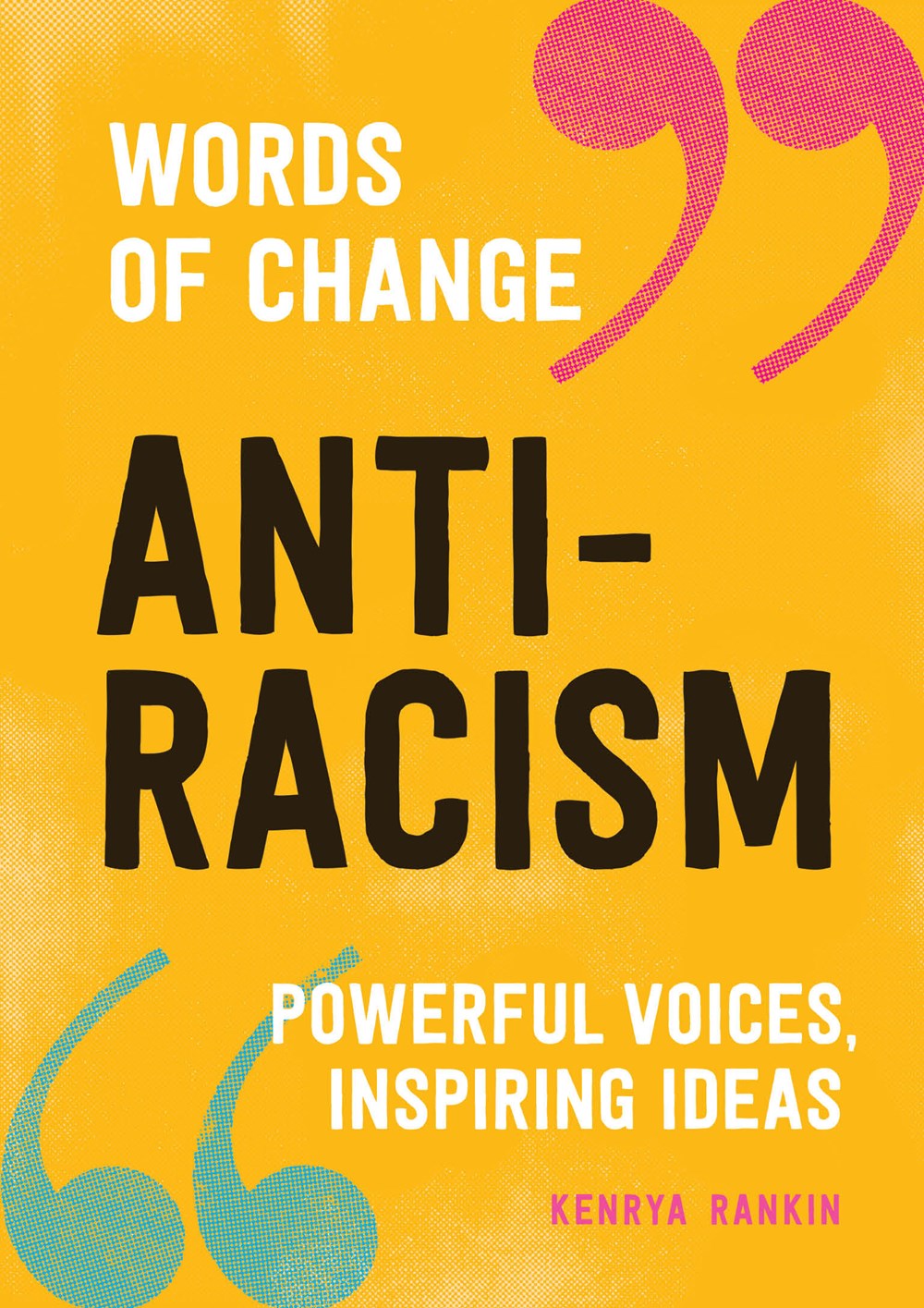Posted By Nicki Leone,
Friday, February 17, 2023
Updated: Saturday, February 11, 2023
|
 "There’s this false notion that you have to separate and choose between issues of class and issues of race. What people do when they say that you need to separate class from race is that they are really just saying that people of color should come second. There is no such thing as talking about class without there being implications of the racial history of the United States. You just can’t do it." - Alexandria Ocasio-Cortez "There’s this false notion that you have to separate and choose between issues of class and issues of race. What people do when they say that you need to separate class from race is that they are really just saying that people of color should come second. There is no such thing as talking about class without there being implications of the racial history of the United States. You just can’t do it." - Alexandria Ocasio-Cortez
Author Photo Credit: Shutterstock.com/Jstone | Excerpted from Words of Change: Anti-Racism by permission of Sasquatch Books. Copyright 2020 By Kenyra Rankin. All rights reserved.
Learn
As Inequality.org puts it, “Systemic and structural racism has contributed to the persistence of race-based gaps that manifest in many different economic indicators. The starkest divides are in measures of household wealth, reflecting centuries of
white privilege that have made it particularly difficult for people of color to achieve economic security.” This gap means that many Black and Indigenous people and communities and People and Communities of Color are more at risk financially than
White people and communities at times of disruption. It means having less access to the means to purchase land, start a business, etc.
Read through the series of charts in this article that shows the widening racial wealth gaps in the United States. Also scroll through some of the graphics in this report on racialized economic disparities in the food system. You might also be interested in this resource from Prosperity Now to see how different states are doing with respect to the racial wealth gap.
Reflect
- What comes up for you as you take in this information about the racial wealth gap? Due to our intersectional identities, those of us with multiple less privileged and/or oppressed identities (based on gender, ethnicity, physical ability, age,
etc.) tend to have greater barriers to wealth accumulation. Take this into consideration in your reflections.
- How often do you consider implications of the racial wealth gap in the book industry?
Act
-
Read these reflections on addressing the racial wealth gap. Which of these might you act on in
your community and/or in the book industry?
-
Talk to others around you openly about money, wealth and inequities. See this as an example for those with privilege.
-
Watch this short video about the Racial Wealth Gap Simulation from Bread for the World and NETWORK. Then do the Simulation in your home, neighborhood, community, organization, school or business.
- Review your wages and benefits packages for booksellers. Do they meet your local “living wage” criteria?
-
Talk/write to your politicians about the need to address the racial wealth gap. Check out Prosperity Now for what might be included on your action agenda.
-
Independent businesses often have a list of charitable organizations they support with donations. Check over your list and ask if the groups on it meet your anti-racist criteria. If not, find ones that do.
Dig Deeper
Explore other links on the Challenge Resource Page. See how other Challenge participants are doing, and let them know how you are doing on the Challenge Bulletin Board
SIBA thanks its generous sponsors, who have made the 21-Day Racial Equity Challenge possible:
 

Many of the quotes used in the Challenge are excerpted from Words of Change: Anti-Racism by permission of Sasquatch Books. Copyright 2020 By Kenyra Rankin. All rights reserved.
Although SIBA has modified when appropriate for a bookseller audience, the majority of prompts and resources come directly from the 21-Day Racial Equity Habit Building Challenge created
by Food Solutions New England (FSNE), a regional collaborative network organized to support the emergence and continued viability of a New England food system that is a resilient driver of healthy food for all, racial equity, sustainable farming
and fishing, and thriving communities. We are so grateful for their extraordinary work creating this program and making it available to other organizations.
Feedback? We welcome your thoughts.
This post has not been tagged.
Permalink
| Comments (0)
|